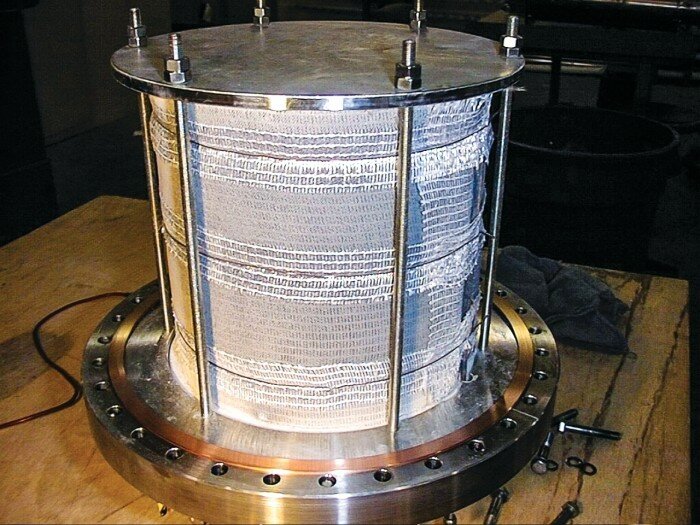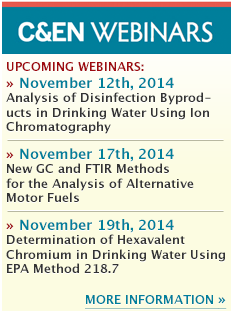In an era of rapid information exchange, research integrity is more crucial than ever, particularly in scientific fields such as chemistry. Today’s chemists no longer work solely in labs or peer-reviewed journals. Increasingly, they share results via blogs, preprint servers, and institutional websites. This shift opens up exciting possibilities for collaboration, but it also introduces ethical challenges. For example, reusing descriptions of chemical processes without attribution—even unintentionally—can lead to issues of credibility or plagiarism.
Maintaining high standards of originality isn’t always easy, especially for freelance researchers, independent consultants, or early-career scientists without access to institutional tools like Turnitin. If you're navigating this space, we recommend exploring how chemists can maintain research integrity online, a practical guide tailored for the realities of modern science communication.
Similarly, students balancing coursework and research may struggle to manage both the quality of their writing and deadlines. If you're one of them, consider reliable support platforms like Writology, where services such as do my assignment help you meet academic expectations with confidence and originality.
At every level, integrity matters. Whether you're preparing a conference poster, submitting a funding proposal, or documenting experiments online, adopting the right habits and tools ensures your work remains honest and impactful.
- Highlights
- Issues
- C&EN Archives
 Email Alerts
Email Alerts
-

Environmental SCENE
Some Personal Care Products May Build Up In Pools
-

Tokuyama Takes Loss On Malaysia Polysilicon Plant
-

Environmental SCENE
Two-Dimensional MOFs Boost Gas Separation
-

Biological SCENE
Cross-chiral Ribozyme May Hold Clues To Origin Of Life
-

Biological SCENE
Building A Safer Button Battery
Departments
|
|
|
-
Viewed
-
Commented

chemical sciences world-wide,
as a member of the American Chemical Society.
earn More

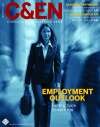












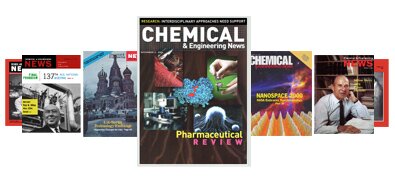


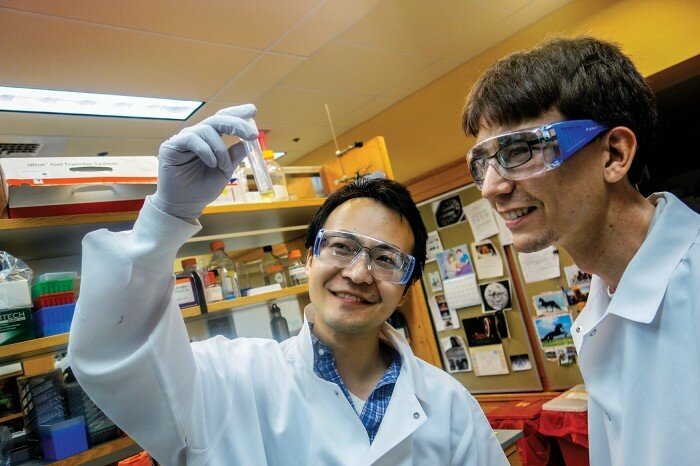
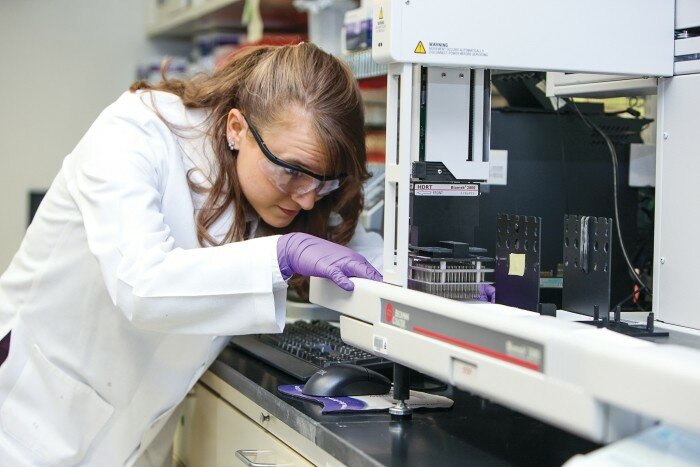
 CALENDAR
CALENDAR 
